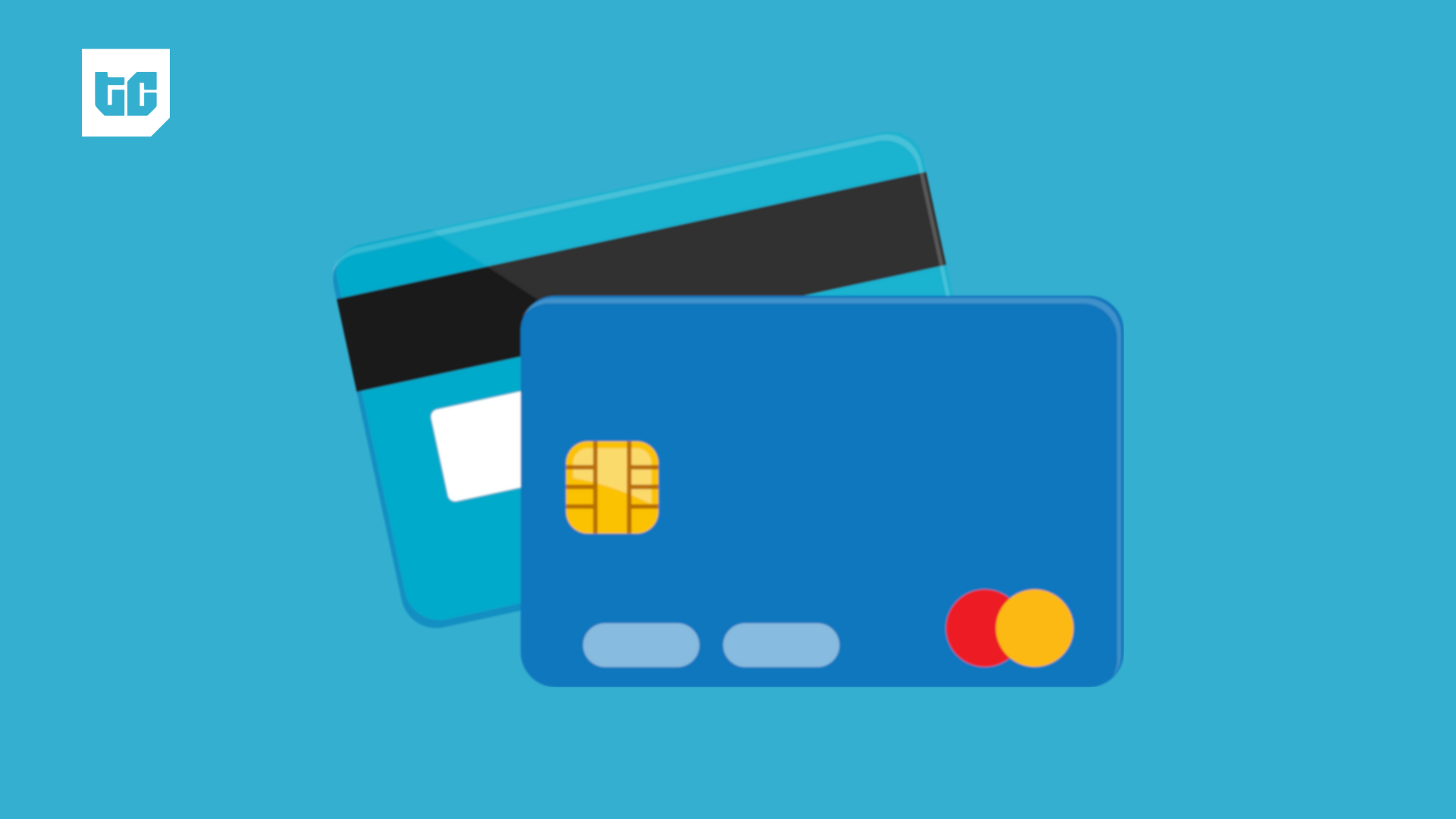In his inaugural speech, President Bola Tinubu confirmed that his administration would work towards a unified exchange rate. What will this mean for the operations of virtual cards in the country?
President Bola Tinubu’s plan to unify the country’s exchange rate—following advice from the World Bank and the International Monetary Fund (IMF)—is now the subject of several conversations. Experts say the current exchange rate regime has made international payments difficult. Yet, moving to a single, market-determined exchange rate will affect virtual card operations in Nigeria.
What will happen to virtual cards?
Uzoma Dozie, CEO/Founder of Sparkle Nigeria, says he doesn’t foresee any significant impact on the virtual card businesses in the country, considering the current operational landscape and existing policies. “However, operational costs for Naira-dominated virtual card businesses with a foreign exchange component may experience increased operating costs, which depend heavily on various local and global economic factors. We also need to consider that virtual cards are already operationally more cost-effective than physical cards because there are no production, transportation, storage, or delivery expenses to worry about. It is too early to start speculating now as we look forward to how this will play out,” he told TechCabal.
For Ibrahim Toyeeb Ibitade, CEO of Leatherback, a cross-border payments platform, until Nigeria fixes its FX shortage, a unified exchange rate will not affect the operations of virtual cards. “The only time we will see any significant impact is when the country has been repositioned and restructured so that we can generate as much FX as needed by different sectors of the economy. But for now, there will still be that scarcity problem because Nigeria isn’t generating enough FX,” he said.
Traditional banks are the potential winners
The $20 monthly limit on foreign transactions for Naira cards opened up the market for virtual cards. Dozie explains that if the Central Bank chooses to expand the FX market by permitting banks unrestricted access to buyers, there is a possibility for an increase in supply. This could lead to banks raising the FX limit on naira cards. “With the potential for a unified exchange rate to further open the market, banks can access FX more efficiently than was previously possible. Hence we can expect banks and other providers to increase card limits, whether physical or virtual and a more competitive operating environment,” he added.
Charles Odogwu, a digital payments expert, shares a similar view. “Banks are going to open their doors and encourage customers to use their naira cards. There is a possibility that banks might not have a limit cap on spending because the FX is available, and there is no disparity in the rates. But on the other side, if the banks put a limit on their cards, virtual dollar cards will still exist and remain go-to alternatives for most people,” he told TechCabal over a call.
A virtual card user who spoke to TechCabal anonymously claims that, from his experience, banks are more efficient in processing payments than fintechs when it comes to card services. “As much as banks have inefficiencies in terms of their infrastructure, I still believe that they have a higher tendency to succeed than fintechs. You’d hardly hear of a traditional bank announcing a downtime in its card services,” he said.
Where does this leave fintechs?
For fintechs that offer virtual card services, an upward review in the limit on naira cards could potentially hurt their business. While more Nigerians have gotten comfortable with virtual cards, the questions of trust and security could convince them to switch back to naira cards.
Odogwu argues that while onboarding is much easier with fintechs, unlike traditional banks, the latter remains ahead in terms of trust. “If you noticed what happened recently with the CBN revoking the licenses of over microfinance banks [some of which are fintechs], the reaction is that people are moving their money from fintechs—even those unaffected,” he said.
But Dozie says only a few startups have built their business models solely on providing virtual cards. Instead, they are often available as part of a financial services offering. “We expect there will always be a niche and demand for virtual cards, and I do not see how the impacts of a unified exchange rate will disrupt or threaten businesses that offer or accept virtual cards,” he told TechCabal.
Damilola Robert, a growth marketing manager at Bitnob, an African fintech that provides virtual dollar card services, notes that the question is really about what extra services fintechs can offer: “So if they [fintechs] are now competing about quality and products, then that means that they need to beef up their customer support system. The ability to leave a positive mark in people’s minds will determine how long they survive in the market because customers now have alternatives.”
What do you think about our stories? Tell us how you feel by taking this quick 3-minute survey.




















